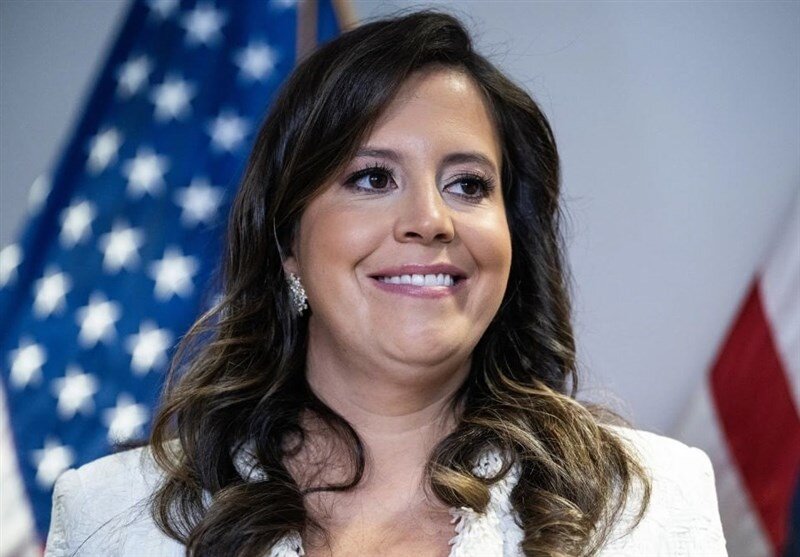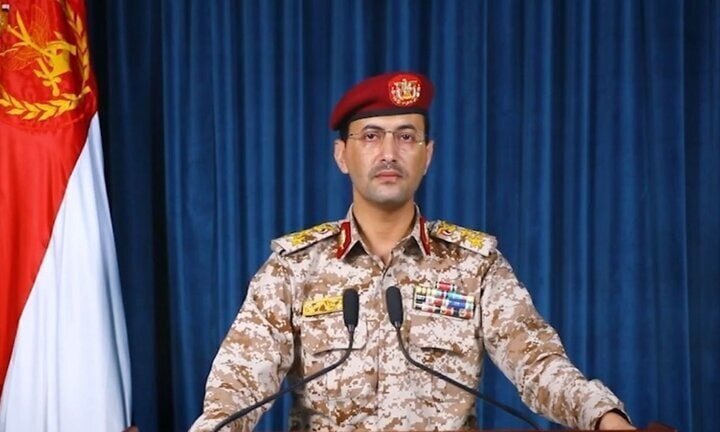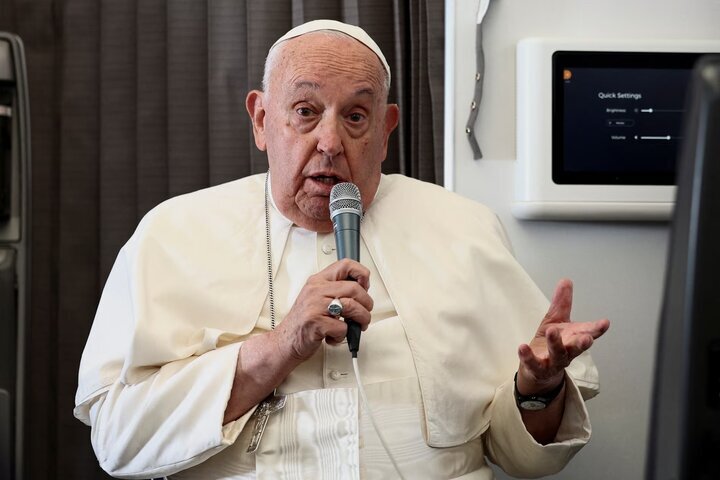Exploring the Paradox: Can One Commit Evil Acts Without Being Truly Evil?
In an era where political decisions can shape the future, the weight of one’s choices becomes paramount. This article delves into the moral responsibilities of leaders and the impact of their decisions on history, showcasing figures who have either succumbed to the allure of power or stood firmly against wrongdoing. By examining these pivotal moments, we can understand how political systems may enable atrocities while allowing perpetrators to evade accountability.
Throughout history, individuals often face crucial crossroads that demand decisive action. These moments can lead to profound consequences, altering the course of events for generations to come. Below, we explore the stories of several historical figures whose choices have left indelible marks on humanity.
The First Group: Those Who Said “Yes” to the Mirage of Power
Adolf Eichmann, a key official in Hitler’s regime, served as the head of the “Jewish Affairs” section of the Reich Main Security Office. His role in the administration of Nazi death camps marked him as a central figure in one of history’s darkest chapters. Captured in Argentina after the war, Eichmann stood trial in Israel, where he was confronted with the ramifications of his actions. Philosopher Hannah Arendt, in her work Eichmann in Jerusalem, characterized him not as a monster, but as “terrifyingly, catastrophically ordinary.”
Eichmann’s motivations were rooted in ambition rather than malice; he aimed to climb the ranks of the Nazi regime. However, his lack of empathy and critical thought led to his complicity in horrific crimes. Arendt highlighted his reliance on bureaucratic jargon, illustrating how his thoughtlessness contributed to the immense suffering wrought by the Holocaust.
Robert McNamara, the former U.S. Secretary of Defense, played a pivotal role during WWII and the Vietnam War. His decisions, including the firebombing of Japanese cities, raised ethical questions about military strategy. McNamara once remarked, “Had the Allies lost the war, I would have been tried as a war criminal at Nuremberg instead of the Nazi officers.”
Despite his strategic acumen, McNamara’s actions contributed to the deaths of millions. His infamous fabrication of the Gulf of Tonkin incident justified a prolonged conflict in Vietnam, leading to devastating consequences. Years later, he expressed regret for his role, admitting that he had known the bombing campaigns were futile.
Colin Powell, the first Black U.S. Secretary of State, made headlines for his defense of the U.S.-led invasion of Iraq in 2003. During a UN Security Council meeting, he claimed that Iraq possessed biological weapons, a statement he later acknowledged as misleading. By 2004, Powell admitted that the intelligence supporting his claims was flawed, revealing the tragic irony of his role in advocating for a war that resulted in the loss of countless lives.
Linda Thomas-Greenfield, the current U.S. UN envoy, has faced scrutiny for her actions in recent conflicts. While she recounts a harrowing experience during the Rwandan genocide, her subsequent decisions have raised ethical questions. By vetoing ceasefire resolutions in Gaza, she has been accused of enabling violence against innocent civilians, drawing parallels to the historical figures who prioritized ambition over morality.
Part Two: Those Who Said “No” to Power
In contrast, there are those who chose to reject complicity in the face of injustice.
Nelson Mandela emerged as a beacon of hope in the fight against apartheid. As a leader of the African National Congress (ANC), he faced immense pressure to abandon his beliefs. Despite numerous opportunities for release, he refused to condemn his people’s struggle for freedom, ultimately becoming a symbol of resistance and reconciliation.
Aaron Bushnell, a young U.S. Air Force serviceman, took an extreme stand against the injustices in Gaza. In a dramatic protest outside the Israeli embassy, he set himself on fire to draw attention to America’s role in the ongoing conflict. His final words emphasized his refusal to be complicit in genocide, showcasing the lengths individuals might go to uphold their convictions.
Final Thoughts
To the Honorable Linda Thomas-Greenfield, as the new U.S. Representative to the United Nations, you possess the power to influence the course of history. The choices you make today will be scrutinized by future generations. Will you be remembered as a figure who perpetuated the cycle of violence, akin to Eichmann, McNamara, or Powell? Or will you stand alongside Mandela and Bushnell, whose legacies inspire hope and dignity?
The moral decisions facing leaders are not merely theoretical; they carry real weight and consequences. As we reflect on these historical narratives, we must ask ourselves: What legacy will we leave behind? It is a fundamental choice: Yes or No?






